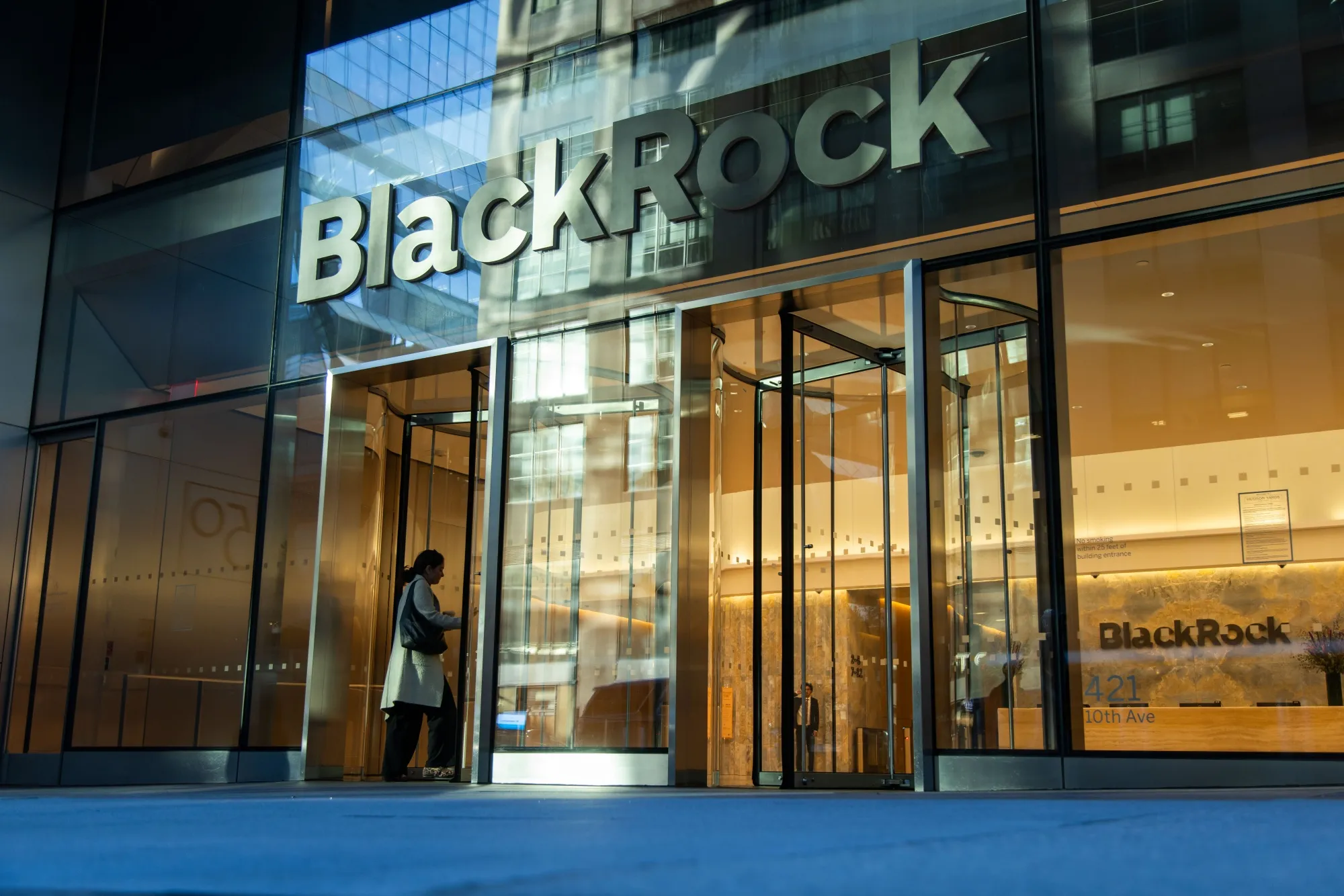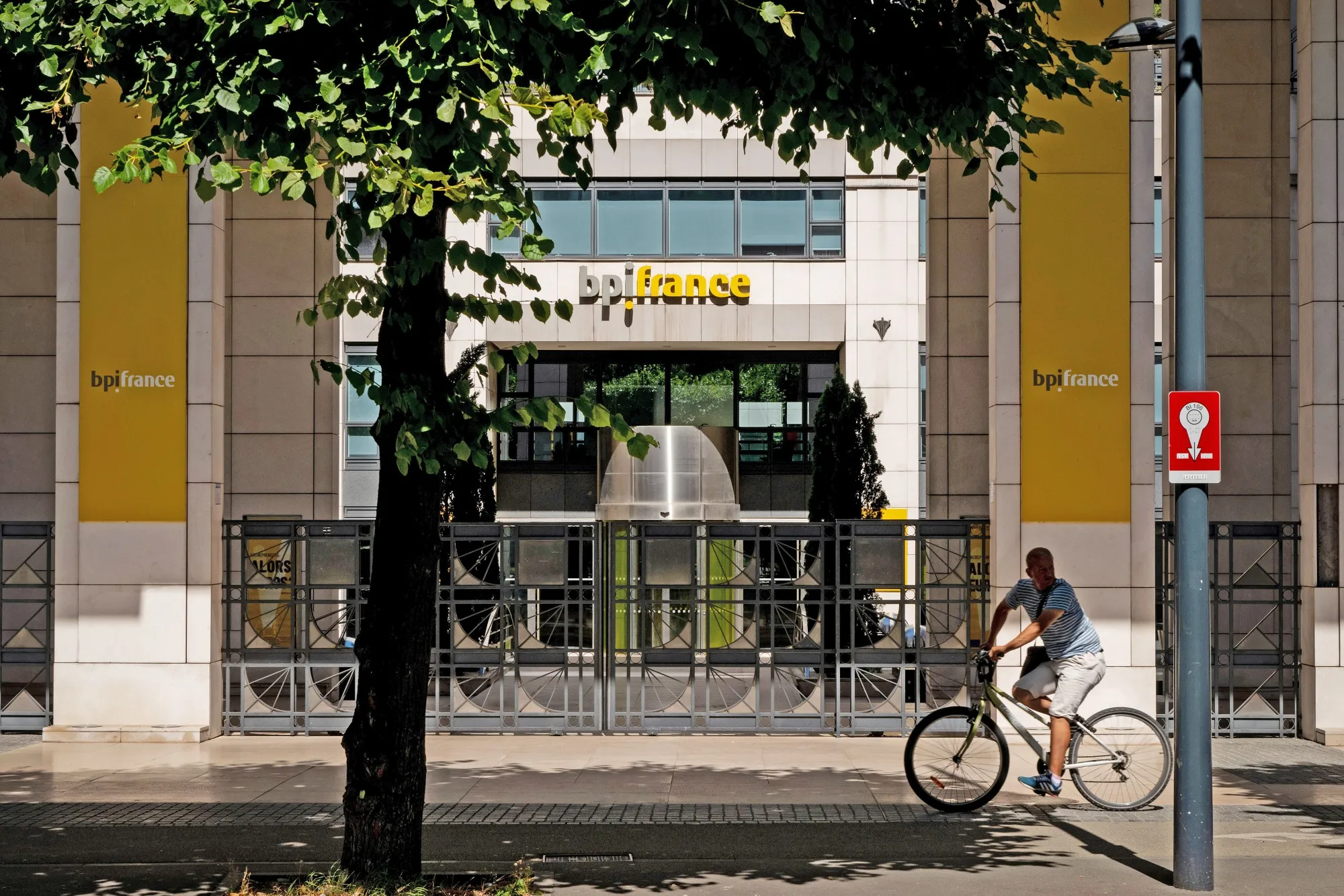Helping startups and investors negotiate deal terms, lawyers get a good sense of who holds the cards in the startup ecosystem.
Right now it’s the founders, according to Europe’s most active law firm in venture capital financing, Orrick.
Amid increased competition between investors to win deals, founders are scoring higher valuations and bigger cheques. They’re also getting more say in key decisions about the company using veto power and board seat appointments.
Based on an analysis of nearly 500 deals worth over $20bn that Orrick completed in 2021, here’s what’s happening to deal sizes and term sheets.
Bigger deals
We’ve often written about the record amount of VC capital out there waiting to be bet on startups. And that’s even before you add the Americans into the mix.
That means European founders have been able to raise more money per round at higher valuations. (Props to the ones who live up to those valuations later on…)
Founders have more power over board composition
Founders are also negotiating friendlier terms for themselves. 90% of term sheets seen by Orrick in 2021 gave founders the right to elect people to the board; a 12.5% increase. For comparison, 84% of the term sheets seen by Orrick last year gave lead investors the right to name representatives to the board (standard practice).
Over 50% of both seed and Series A deals had four or five board members. Boards were generally larger for later-stage companies, with a maximum of seven seats observed at Series B and eight seats at Series C.
More founders are on the board in early-stage companies compared to later-stage companies, Orrick says. That suggests founders might step back from the day-to-day leading of the company later on.
Drag-along clauses also give founders power
The other sign that founders have more power in term sheet negotiations: drag-along clauses. These clauses give majority shareholders the ability to force minority shareholders to participate in a sale or liquidation, and more and more contracts are including them. At the early stages, a significant amount of deals (40% at seed and 37% at Series A) required the consent of the founder or founders to initiate a drag-along process.
Eleanor Warnock is Sifted’s deputy editor. She tweets from @misssaxbys



